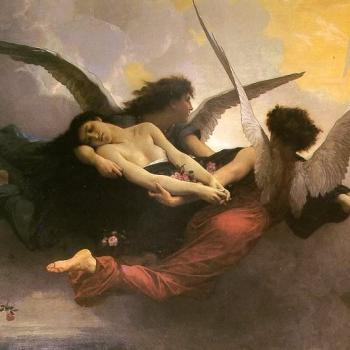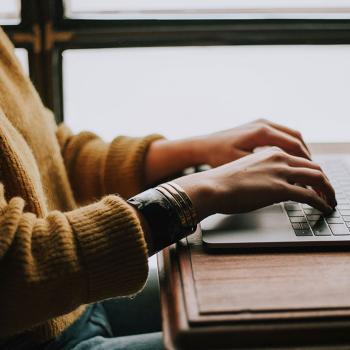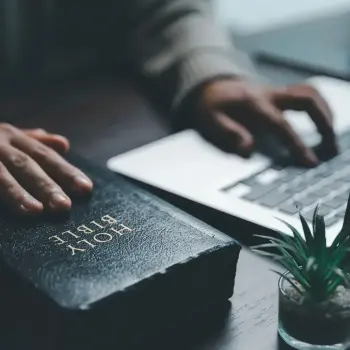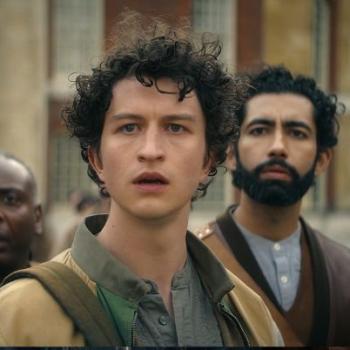While fasting is not considered compulsory in childhood, many children endeavor to complete as many fasts as possible as practice for later life.
The elderly, the chronically ill, and the mentally ill are exempt from fasting, although the first two groups must endeavor to feed the poor in place of their missed fasting. Also exempt are pregnant women, women during the period of their menstruation, and women nursing their newborns. A difference of opinion exists among Islamic scholars as to whether this last group must make up the days they miss at a later date, or feed poor people as a recompense for days missed. Lastly, those traveling (musaafir) are exempt, but must make up the days they miss.
How should the elderly and disabled handle Ramadan?
The elderly or those who suffer from a disability or disease and have no prospect of getting better in the future can pay the cost of iftar for a person who cannot afford it (for every day of Ramadan they cannot fast), or else they can host such a person in their house and have him eat with them after sunset as a way of repaying for the days they could not fast.
What happen if you accidentally break your fast?
There are times when a person who is fasting in Ramadan may forget that he or she is fasting, and accidentally eat or drink something. In such an instance, one might spit out the food being eaten or cease the forbidden activity, immediately upon remembering the fast. Then they can renew their intention to fast and continue doing so the rest of the day.
Are there any particular food to eat before fasting or to break one's fast?
Depending upon where a Muslim resides, culture and tradition dictate the foods that are prepared during Ramadan. There are particular foods and special culinary preparations that occur in nearly every Muslim community and in nearly every Muslim family around the world. The one food tradition that binds most Muslims together is the use of dates to break one's fast. Dates, which are a typical Middle Eastern fruit, was the food of choice for the Prophet Muhammad when he broke his fast. It is strongly recommended for Muslims to break their fast by saying a special prayer and then eating a date before eating anything else. If dates aren't to be found, water is a good second choice to break one's fast.
Are there any special prayers to day during Ramadan? Is there a special prayer to say before beginning one's fast?
Before fasting, a Muslim should make his or her intention to fast, or niyyat. There also is a special prayer that must be said when breaking one's fast, before actually eating something. There are other prayers that are recommended to be said during the first ten days of Ramadan, the second ten days, and the last ten days.
Is reading the Qur'an significant during Ramadan? What else happens during this month?
In addition to fasting, Muslims are encouraged to read the entire Qur'an. Some Muslims perform the recitation of the entire Qur'an by means of special prayers, called Tarawih, which are held in the mosques every night of the month, during which a whole chapter of the Qur'an (Juz, which is 1/30 of the Qur'an) is recited. Typically a hafiz, someone who has memorized the Qur'an, will lead this prayer and recite one chapter every night during prayers that physically resemble the motions of Muslims' five daily prayers. Therefore, the entire Qur'an would be completed at the end of the month.
Ramadan is also a time when Muslims are to slow down from worldly affairs and focus on self-reformation, spiritual cleansing and enlightenment; this is to establish a link between themselves and God through prayer, supplication, charity, good deeds, kindness and helping others. Since it is a festival of giving and sharing, Muslims prepare special foods and buy gifts for their family and friends and for giving to the poor and needy who cannot afford it; this can involve buying new clothes, shoes and other items of need. There is also a social aspect involving the preparing of special foods and inviting people for iftar.
In many Muslim and non-Muslim countries with large Muslim populations, markets close down in the evening to enable people to perform prayers and consume the iftar meal—these markets then re-open and stay open for a good part of the night. Muslims can be seen shopping, eating, and spending time with their friends and family during the evening hours.
Are there any days or nights that are particularly important during Ramadan?
Sometimes referred to as "the night of decree or measures," Laylat al-Qadr, also known as Shab-e-Qadr, is considered the most holy night of the year during the month of Ramadan, as it is the night in which the Qur'an was revealed to Muhammad. Muslims believe it to have occurred on an odd-numbered night during the last 10 days of Ramadan, either the night of the 21st, 23rd, 25th, 27th or 29th (in Sunni thought) or the 19th, 21st or 23rd (in Shi'a thought).




